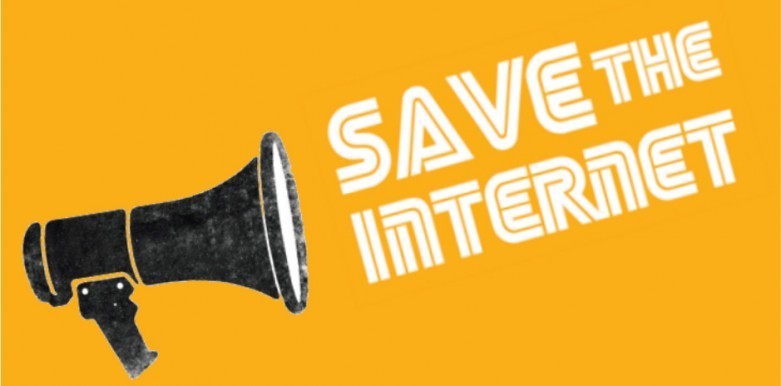
What We'll Lose If ISPs Take Over the Internet
I’m a researcher at the Imaging Research Center at the University of Maryland Baltimore County. We explore new forms of storytelling and image-making that emerging technologies enable. A major goal of our efforts is finding ways to engage people in valuable ideas and information to serve health care, education and other democratic needs.
The open Internet has been a real breakthrough for us. Still, creating information-oriented, pro-social media is always tough because it has to do more than attract and sustain attention. It has to convey knowledge and inform people’s choices. We aren’t the big guys going for mass appeal; we’re the little guys working for social good.
We’re now confronting a challenge that, among other things, could leave us with both hands tied behind our backs. If Internet service providers are allowed to charge steep fees for speedier access, efforts like ours will be competing against the pocketbooks of the big content providers to get our videos to play and our sites to load reasonably. Would you watch the National Geographic Channel if the picture was a lot worse than HBO’s?
At issue is nothing less than everyday people losing economic control of their Internet — seeing it shift from users to ISPs like Comcast and Verizon, and the content providers they make deals with.
The result will ghettoize smaller operations, constrict innovation and entrepreneurship, and sideline social efforts that impact health and education. It will effectively reduce the diversity of voices and efforts we see, hear and interact with. This can’t help but diminish our culture — and our democracy itself. The stakes are very, very high.
At a time in our history when a wealthy few control so much, shifting more power toward those with incentives to manipulate the media landscape to serve their financial interests is absurd. The end game will inevitably be that instead of choosing what you’re interested in, no matter how obscure or marginal, and having that choice honored with the same quality delivery a mainstream choice would get, ISPs will use delivery speeds as a lever to coerce you to favor content from companies willing and able to pay their tolls.
If Federal Communications Commission Chairman Tom Wheeler’s paid-prioritization plan goes through, the Internet as we know it will no longer exist. ISPs would be allowed to plow under the level playing field that has allowed the Internet to flourish, and ultimately kill it as a social tool of any consequence.
What can you do? The FCC needs to reclassify broadband providers as common carriers under Title II of the Communications Act, and put in place rules that would prevent special interests from privileging the flow of some content over others. This will happen only if Americans continue to overwhelm the FCC with impassioned voices for Net Neutrality:
- Click here to submit a comment. (Though the initial-comment period has closed, the FCC is accepting public comments through Sept. 10.)
- Invite the FCC to hold a public hearing in your community.
- Email or call your representative and senators.
- Tell your friends, family and neighbors to do the same.
Once this public asset is gone, it’s gone for good.
Lee Boot is an associate research professor and the associate director of the Imaging Research Center at the University of Maryland Baltimore County. He is an experimental media artist whose video, interactive works and award-winning films have appeared in venues around the world. He is the recipient of the Distinguished Teaching Award from the White House Commission on Presidential Scholars. You can follow him on Twitter at @whoweam.